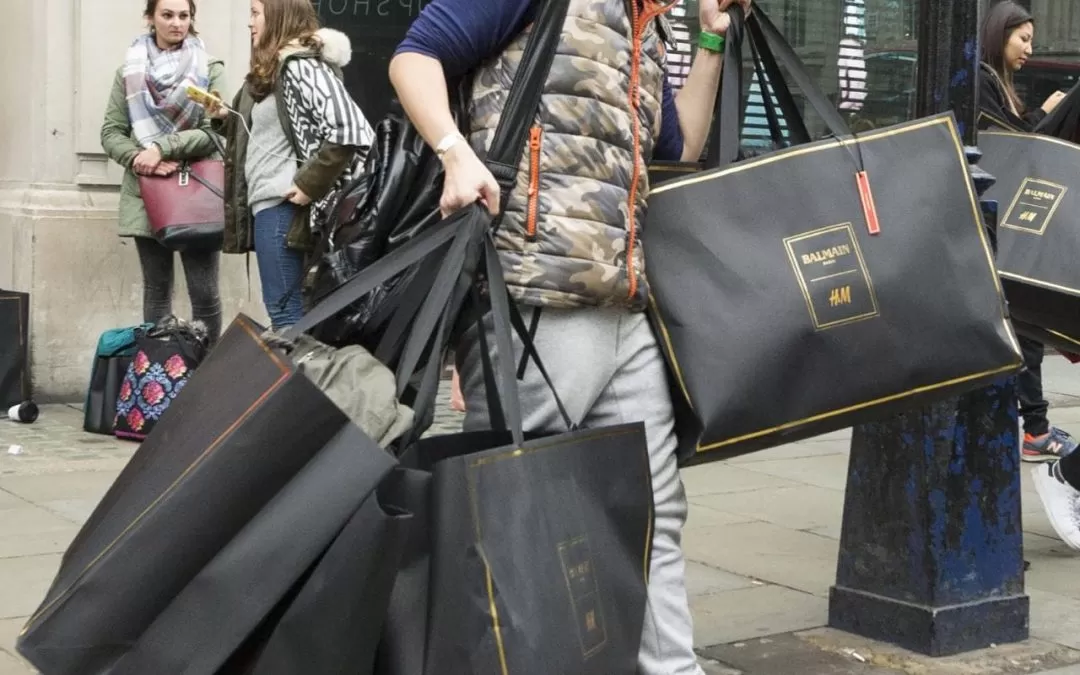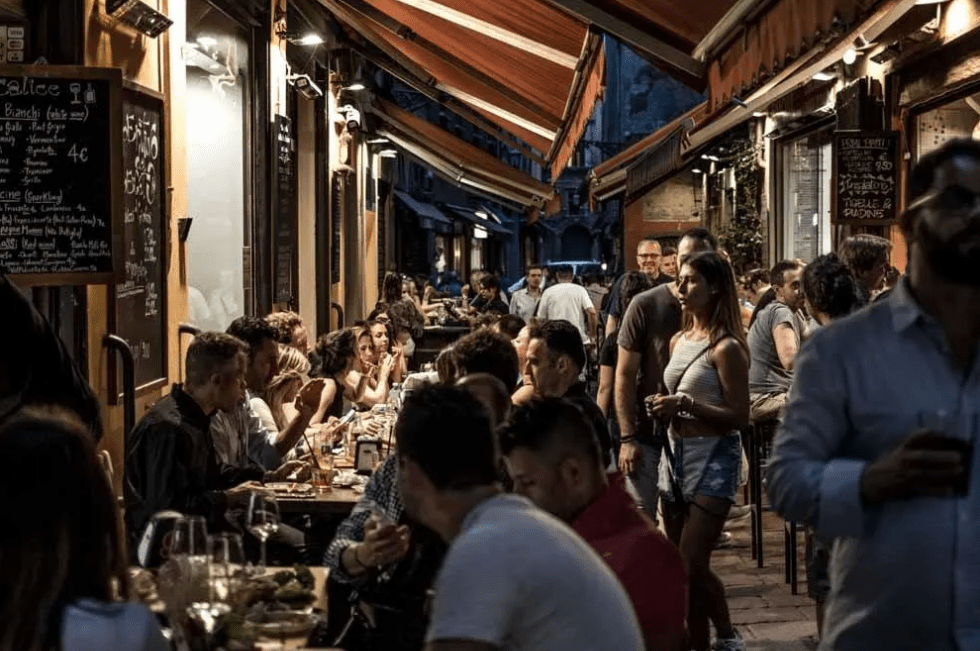According to the latest market intelligence research report by InsightAce Analytic, the global Artificial Intelligence (AI) in Beauty and Cosmetics market size is expected to reach US$ 13.34 Billion in 2030, record a promising CAGR of 19.7% from 2021 to 2030.
The beauty and cosmetic sector has witnessed a massive upsurge in Artificial Intelligence (AI) in recent years. Due to advancements in A.I. technologies and the fact that beauty is characterised as a personalised and engaging market that generates a large amount of data, AI appears to be a solution to deal with this complex environment, prompting beauty companies to make data-driven decisions on their strategies to remain competitive.
The beauty market has changed dramatically over the last decade, owing to the introduction of new technology and a shift in customer shopping behaviour. The beauty sector has been incorporating digital transformation into its business models to give consumers individualised skin regimens and beauty products tailored to their needs.
Artificial Intelligence in the Beauty and Cosmetics Market growth can be attributed to the Integration of advanced technology like AI in the beauty and cosmetic field, providing new ways of engaging with the consumer, bringing efficiency and customised solutions to the beauty client such as virtual try-ons and personalised product selection offerings. Increased demand for beauty products and technological advancements is expected to positively impact market growth.
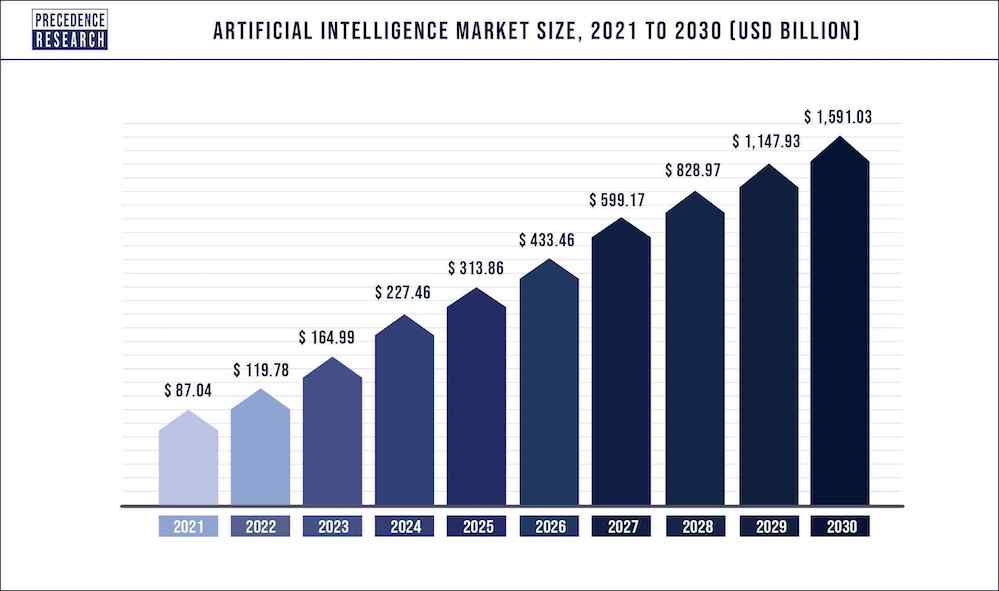
Artificial Intelligence in Beauty: Competitive Analysis:
There has been an influx of Beauty Tech implementations on the global market with the rapid expansion of the beauty and cosmetic industry. Key companies are constantly testing and launching new features with key strategic partners with innovative services, covering the market’s demands. Their focus on serving their client’s needs, both brands and end-consumers and the constant technological development are the key factors in boosting market growth.
Companies like L’Oréal, and PROVEN, among others, have already recognised such potential and are applying A.I. in different ways. For instance, L’Oréal is implementing A.I. strategies in their business. Followed L’Oréal, by PROVEN has the largest skincare database and, with the input from the consumer, matches their data, creating unique and customised product selections using A.I. mechanisms.
The prominent players in Artificial Intelligence (AI) in the Beauty and Cosmetics industry include:
Beiersdorf (NIVEA SKiN GUiDE), L’Oréal’s (Modiface, Hair Coach), Olay (Skin Care App), CRIXlabs (DBA Quantified Skin), Shiseido (Optune System), Procter & Gamble (Opte Wand), My Beauty Matches, Yours Skincare, EpigenCare Inc., mySkin, Haut.AI, Luna Fofo, Revieve, ANOKAI. CA., Pure & Mine, Youth Laboratories, Spruce Beauty, Nioxin, New Kinpo Group, Perfect Corp, Symrise (Philyra), Sephora USA, Inc. (Virtual Artist), Function of Beauty LLC, Estée Lauder, Coty Inc. (Rimmel), Givaudan, Beautystack and Polyfins Technology Inc, SwiftERM A.I. and other prominent players.
Key Industry Developments from Leading Players:
- Nykaa introduced L’Oréal’s advanced, Al-powered virtual try-on technology, ModiFace AR. Through the launch of this new technology, the Company is expected to create an enhanced beauty experience for makeup enthusiasts while buying beauty products online. ModiFace technology allows photo-realistic results and AI-enabled shade calibration. The ModiFace Technology enables virtual try-ons on Nykaa’s website and mobile app, helping shoppers purchase their desired beauty products across categories, starting with the L’Oréal range of products.
- PROVEN Skincare launched of $60 Billion Regulation A+ Offering. The funds are used to invest in the Company’s further AI innovation and talent, expand domestic and global marketing strategies for its existing product line, and invest in further research and development of new product lines and categories
- Coty, Inc. announced a multi-channel partnership agreement with Perfect Corp. Through this partnership, the Company plans to strengthen its offering in virtual try-ons, online skin diagnostics and data-driven personalization for brands including CoverGirl, Sally Hansen and philosophy, among others, as well as for Coty’s broad fragrance portfolio
- The technology division of L’Oréal, a longtime Google enterprise customer, subscribes to Google Cloud’s Vertex A.I. platform to speed up the production of its A.I. models for cosmetic services. Google’s Vertex platform enables customers to accelerate the development, deployment, and maintenance of machine learning models by unifying Google Cloud Services, machine learning systems, and machine learning operations (MLOps) under one user interface and API.
- LVMH and Google Cloud collaborated on cloud-based A.I. solutions to create new, personalised customer experiences that foster long-term growth. Through this collaboration, the Company is anticipated to augment demand forecasting and inventory optimisation, support inclusive upskilling and certification programs for employees, and elevate customer experiences through personalisation.
- Perfect Corp. announced an integration with Google for the launch of an AR interactive beauty try-on. AR-powered virtual beauty try-on experiences can help online shoppers discover and experiment with various beauty products and shades online through Google search.
- The function of Beauty received a $150 million strategic minority investment from L Catterton. The funds are used to speed up product development, support the Company’s continuous global expansion, and expand on the Company’s already industry-leading bespoke manufacturing capabilities.
Artificial Intelligence in Beauty: Market Regional Analysis
North America is expected to dominate the growth of A.I. in the beauty and cosmetic market due to the expansion of the beauty and cosmetic industry and prominent e-commerce companies like Amazon and Sephora. Asia Pacific region is expected to experience the fastest growth in the global AI in the beauty and cosmetic market due to rapidly increasing consumer spending and expansion of the e-commerce sector across the region. In emerging countries like China, India, and Japan, the beauty e-commerce space is adapting to multiple models to enhance the e-commerce shopping experience for consumers.
What AI hyper-personalisation solution to choose
Technology helps enable customer hyper-personalisation. Hyper-personalisation solutions have thrown out the cookie-cutter approach to consumer issues with algorithm-powered individual consumer product selection solutions that beauty shoppers love. Delivering unique selections chosen exclusively for each consumer, based on their previous purchases, impressions and navigation delivers a phenomenal 1500% average ROI. That relates to an approximate £15,000pm additional t/o for a £500 monthly spend.
Luxury house Yves Saint Laurent rethought how they offer a hyper-personalised tech-enabled approach with an at-home lipstick tech tool that helps the customer get a custom shade from whatever sparks their fancy. Autonomous artificial intelligence is not limited to robots or the sci-fi genre—it is a beauty industry tool too.
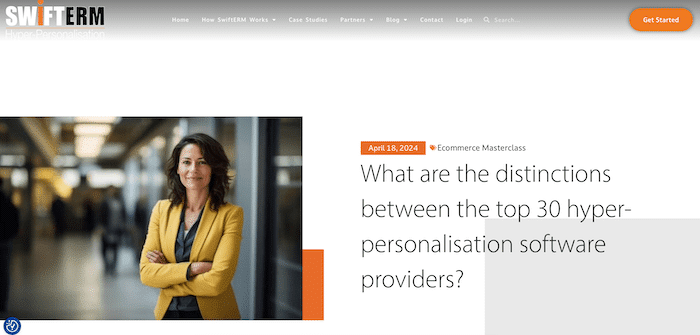
See article: The distinctions between the top 30 hyper-personalisation solutions for beauty
Consumers have endless choices so brands and retailers must stay relevant and speak to the consumer directly. There’s a major opportunity in using deep learning to glean insights into the consumer psyche; after all, we have entire teams devoted to analysis. As a society, we have seen the power of authenticity and support for what was formerly known as a “niche” or a mere section of the beauty aisle.
Corporations cannot cave into social media pressures for a quick soundbite; diversity and inclusion are not goals, it is a practice. Brands and retailers must ensure each shopper is treated like an individual, not just a number.
